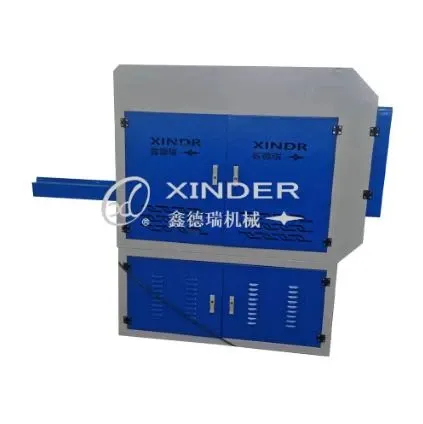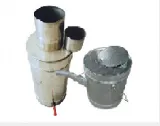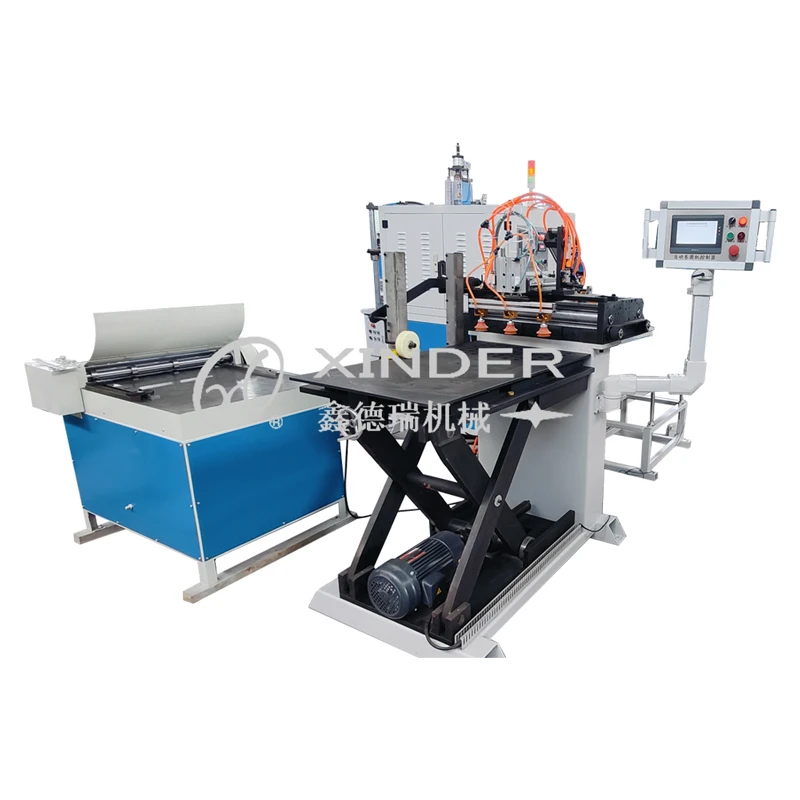-
 8613931787312
8613931787312 -
 Botou Industrial Zone on the east side of National Highway 104, Botou City, Hebei Province
Botou Industrial Zone on the east side of National Highway 104, Botou City, Hebei Province
- Afrikaans
- Albanian
- Amharic
- Arabic
- Armenian
- Azerbaijani
- Basque
- Belarusian
- Bengali
- Bosnian
- Bulgarian
- Catalan
- Cebuano
- Corsican
- Croatian
- Czech
- Danish
- Dutch
- English
- Esperanto
- Estonian
- Finnish
- French
- Frisian
- Galician
- Georgian
- German
- Greek
- Gujarati
- haitian_creole
- hausa
- hawaiian
- Hebrew
- Hindi
- Miao
- Hungarian
- Icelandic
- igbo
- Indonesian
- irish
- Italian
- Japanese
- Javanese
- Kannada
- kazakh
- Khmer
- Rwandese
- Korean
- Kurdish
- Kyrgyz
- Lao
- Latin
- Latvian
- Lithuanian
- Luxembourgish
- Macedonian
- Malgashi
- Malay
- Malayalam
- Maltese
- Maori
- Marathi
- Mongolian
- Myanmar
- Nepali
- Norwegian
- Norwegian
- Occitan
- Pashto
- Persian
- Polish
- Portuguese
- Punjabi
- Romanian
- Russian
- Samoan
- scottish-gaelic
- Serbian
- Sesotho
- Shona
- Sindhi
- Sinhala
- Slovak
- Slovenian
- Somali
- Spanish
- Sundanese
- Swahili
- Swedish
- Tagalog
- Tajik
- Tamil
- Tatar
- Telugu
- Thai
- Turkish
- Turkmen
- Ukrainian
- Urdu
- Uighur
- Uzbek
- Vietnamese
- Welsh
- Bantu
- Yiddish
- Yoruba
- Zulu
Jan . 24, 2025 00:38
Back to list
steel barrels
Steel barrels, known for their robustness and versatility, are a staple in various industries worldwide. Their primary appeal lies in their durability, cost-effectiveness, and eco-friendliness, making them an ideal choice for storing and transporting a wide array of materials. This article delves deep into the multifaceted world of steel barrels, offering expert insights and real-life experiences that underscore their invaluable role in modern supply chain logistics.
Authoritativeness in the steel barrel industry is evidenced by stringent regulatory standards and certifications that govern their production and use. Reputable barrel manufacturers are committed to complying with international standards such as ISO 9001, which guarantees quality management, and UN ratings for the transportation of hazardous materials. These certifications provide end-users with the confidence that their chosen barrels meet the highest safety and quality benchmarks. Trustworthiness is another cornerstone of the steel barrel's reputation. Users across several sectors have vouched for their reliability based on extensive field tests and prolonged usage. The recycling capability of steel barrels also enhances their image as a trustworthy choice for eco-conscious companies. Once a steel barrel reaches the end of its lifecycle, it can be efficiently recycled without losing its strength, thereby contributing to sustainable practices and reducing environmental impact. The economic advantages of steel barrels cannot be overstated. While the initial investment might appear higher compared to other container types, the long-term savings are substantial. The reusability and durability of steel barrels mean fewer replacements and repairs, leading to lower lifecycle costs. Additionally, their resistance to damage reduces the likelihood of product loss, further bolstering their economic appeal. In conclusion, steel barrels are an essential asset in the global industrial landscape. Their combination of durability, adaptability, compliance with rigorous standards, and low environmental impact make them an authoritative choice across numerous sectors. The continuous innovation within the industry ensures that steel barrels remain relevant and capable of meeting future challenges. Companies looking to invest in secure and sustainable storage solutions will find that steel barrels offer unparalleled value and peace of mind.


Authoritativeness in the steel barrel industry is evidenced by stringent regulatory standards and certifications that govern their production and use. Reputable barrel manufacturers are committed to complying with international standards such as ISO 9001, which guarantees quality management, and UN ratings for the transportation of hazardous materials. These certifications provide end-users with the confidence that their chosen barrels meet the highest safety and quality benchmarks. Trustworthiness is another cornerstone of the steel barrel's reputation. Users across several sectors have vouched for their reliability based on extensive field tests and prolonged usage. The recycling capability of steel barrels also enhances their image as a trustworthy choice for eco-conscious companies. Once a steel barrel reaches the end of its lifecycle, it can be efficiently recycled without losing its strength, thereby contributing to sustainable practices and reducing environmental impact. The economic advantages of steel barrels cannot be overstated. While the initial investment might appear higher compared to other container types, the long-term savings are substantial. The reusability and durability of steel barrels mean fewer replacements and repairs, leading to lower lifecycle costs. Additionally, their resistance to damage reduces the likelihood of product loss, further bolstering their economic appeal. In conclusion, steel barrels are an essential asset in the global industrial landscape. Their combination of durability, adaptability, compliance with rigorous standards, and low environmental impact make them an authoritative choice across numerous sectors. The continuous innovation within the industry ensures that steel barrels remain relevant and capable of meeting future challenges. Companies looking to invest in secure and sustainable storage solutions will find that steel barrels offer unparalleled value and peace of mind.
Prev:
Latest News
-
Understanding Resistance Welding: Equipment, Manufacturers, and PricingNewsMay.15,2025
-
Understanding Pneumatic Welding Machines: Types, Applications, and AdvantagesNewsMay.15,2025
-
Exploring Tube Benders: Types, Manufacturers, and ApplicationsNewsMay.15,2025
-
Exploring Metal Pipe Machines: Types, Functions, and ApplicationsNewsMay.15,2025
-
Exploring Laser Welding Machines: Key Manufacturers, Technology, and ApplicationsNewsMay.15,2025
-
Exploring Barrel Production Lines: Machines, Pricing, and Manufacturing ProcessNewsMay.15,2025
-
The Role of Steel Pipe Manufacturing Machines in Modern IndustriesNewsApr.18,2025
related products
-
 Fully Automatic Kaiping Production LineOct . 17, 2024
Fully Automatic Kaiping Production LineOct . 17, 2024 -
 Fully Automatic Metal Bucket Lifting HeadphonesSep . 14, 2024
Fully Automatic Metal Bucket Lifting HeadphonesSep . 14, 2024 -
 Automatic Rolling MachineSep . 14, 2024
Automatic Rolling MachineSep . 14, 2024

